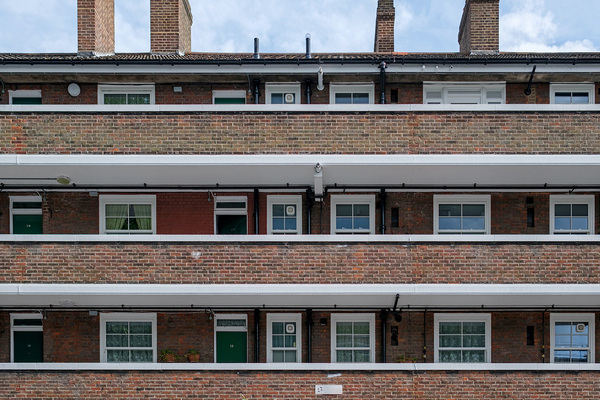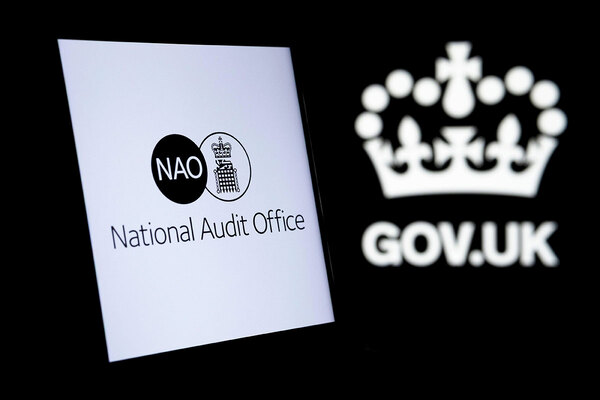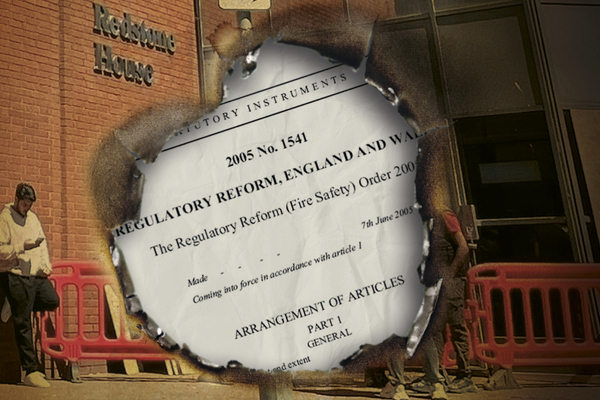You are viewing 1 of your 1 free articles
14 MPs urge government to introduce service charge payment protection scheme
A group of 14 MPs, led by Rachael Maskell, has urged the government to introduce a dispute-resolution scheme for service charges.

The open letter was addressed to prime minister Sir Keir Starmer, housing secretary Angela Rayner (before she resigned) and housing minister Matthew Pennycook.
The scheme would mirror the successful deposit protection scheme designed to protect tenants from unscrupulous landlords who unlawfully hold on to deposits on rental properties.
The letter calls for such a scheme to be fast-tracked to allow tenants and residents with disputed charges to pay their money to a court or similar body instead of directly to the landlord or managing agent.
The cash would only be released to the landlord or managing agent if they were able to prove that the charge was legitimate within a specified timescale. Otherwise, it would be refunded to the tenant or resident.
In their letter, the group of MPs highlighted that “constituents continue to experience difficulties accessing justice when faced with extortionate and/or inaccurate service charge bills”.
“The scheme would mirror the successful Tenancy Deposit Scheme (TDS) which has significantly limited sharp practice by landlords. Research has shown that the TDS has been highly effective, with an estimated 80% of deposit disputes being settled in favour of the tenants, and deposits swiftly returned to them.
“In the remaining cases, landlords have been able to prove damage to their property or non-payment of rent, and legitimately claim the funds.
“By contrast, although the law specifies that service charges must be accurate and reasonable, the current service charging system expects tenants and residents to pay on demand, even if it is clear that the charge is not legitimately incurred.”
The MPs believe the current system provides “little incentive to refund overpaid charges” in “the face of landlord resistance”.
Currently, tenants and residents must go through their landlord’s complaints process, then submit a claim to the First-Tier Property Tribunal, all without the help of legal aid. This is an “expensive and long-winded process”, the MPs said.
They added: “Importantly, even when tenants or residents win a claim, landlords regularly fail to refund the overcharged monies and regularly defy court orders because meaningful sanction for doing so is non-existent. A fairer system is essential.”
The call comes after news that shared owners in a block in Battersea could be left footing the bill for services provided to private owners of flats on a large estate, as housing association Notting Hill Genesis seeks to challenge an earlier tribunal ruling.
Suzanne Muna, secretary and co-founder of the Social Housing Action Campaign (SHAC), said: “Getting landlords to acknowledge and then refund overpaid service charges is a war of attrition in which tenants and residents have both arms tied behind their backs, even when it is blatantly obvious that the charges are not warranted.
“Among the many examples we have are charges for concierges and lift maintenance in blocks of flats where neither exist, and landlords charging for services provided by the local council.
“Once a tenant or resident has paid their landlord, the landlord has very little incentive even to engage properly with the tenant or resident, never mind refunding overpaid monies. Landlords know that it is almost impossible to get information about service charges, or to enforce the law that requires them to be reasonable and reasonably incurred.”
SHAC believes the scheme would put an end to such abuse by giving each party equal power through independent adjudication.
In response, a government spokesperson said: “We recognise the financial strain that service charges can place on leaseholders and tenants. We are consulting on measures to drive up the transparency of service charges and reduce barriers to challenging unreasonable costs so landlords can be held to account.”
The government’s Leasehold and Freehold Reform Act included measures to increase transparency of service charges so that leaseholders are better able to scrutinise and challenge costs if they consider them to be unreasonable.
It will also scrap the presumption that leaseholders pay their landlords’ litigation costs, thereby removing a significant barrier to challenging poor practice. A consultation was launched earlier this year on how best to implement these changes.
Also earlier this year, the Shared Ownership Council, a cross-sector initiative, set up a shared ownership code. The council hopes this will improving customer service and satisfaction through creating a standardised model that providers can sign up to.
Sign up for our asset management and sustainability newsletter
Already have an account? Click here to manage your newsletters
Latest stories










